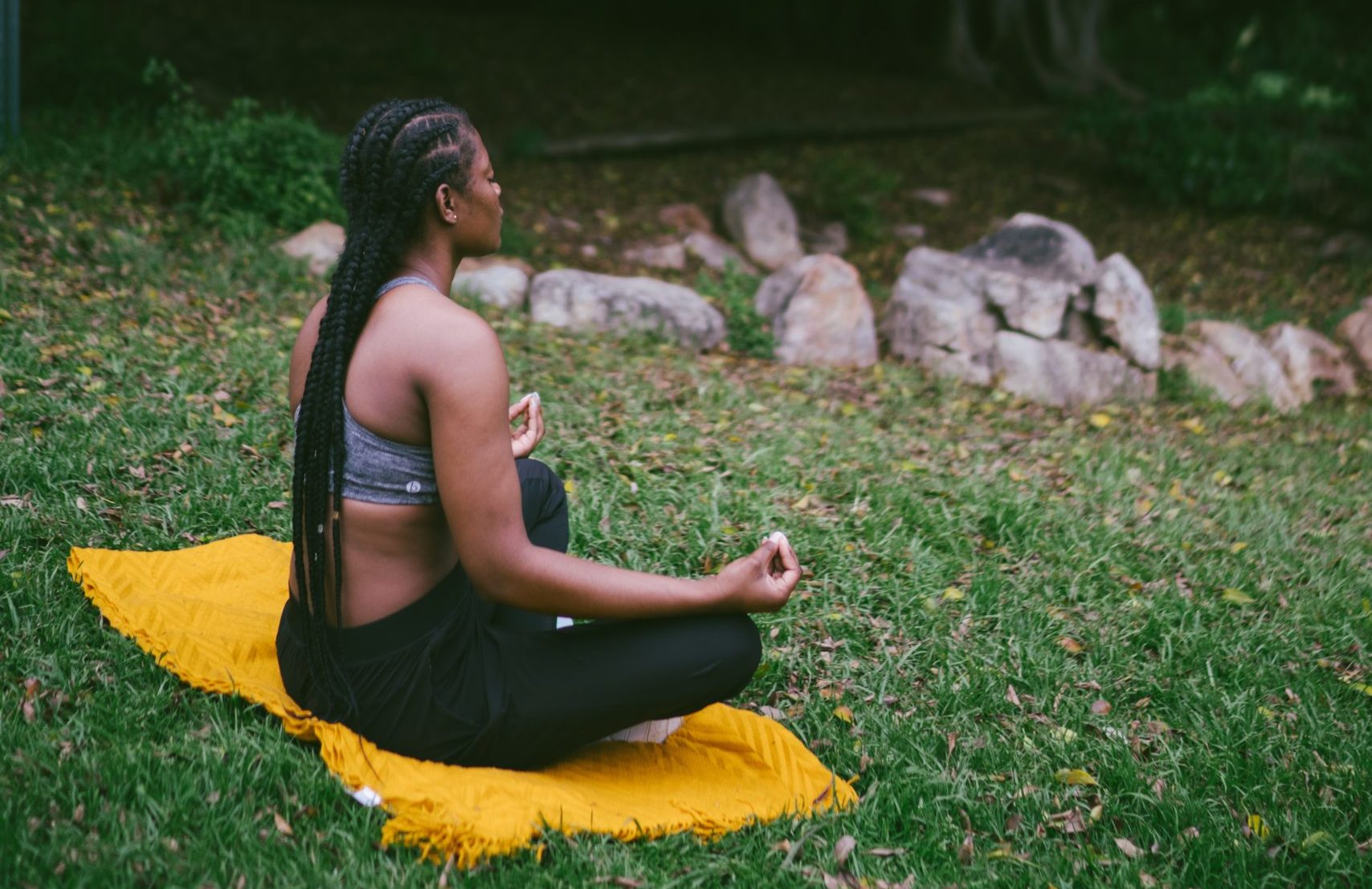Why We Need to Prioritize Health and Wellness

The year 2020 has been stressful, to say the least. Collectively we have experienced a global pandemic, continued calls for racial justice, wildfires, hurricanes, and power outages – just to name a few of the stressors impacting our everyday lives. This year has taken a toll on each of us in one way or another and has left us processing new challenges to our physical and emotional health and wellness.
Now more than ever, we must prioritize our mental health and wellness. Many believe they don’t have the time or capacity to prioritize mindfulness practices, but this is far from the truth. Self-care doesn’t have to consume a large amount of time. It can be as simple as taking a 10-minute break out of your day to do some breathing exercises. It can be starting every morning with a cup of tea or ending the night with a journaling exercise. It can be whatever works best for you, but we must remember that self-care is essential.
The Origins of Self-Care
We often categorize self-care as shallow or vain, but the reality is that this concept has an incredibly deep and rich history. The term “self-care,” coined in the 1950s, was originally a medical term to encourage patients to spend time caring for themselves. It became popularized outside of the medical community in the 1960s by the Black Panther Party. The Black Panthers were organizers who fought for Black liberation and in this work emphasized the importance of community care. From healing circles to food distribution programs to opening health clinics, their organization focused on ensuring that everyone was fed, well-rested, and emotionally nurtured. Today’s community organizations must learn and adopt these practices in our work in order to ensure success. Every successful movement throughout history has created systems of support for themselves and their communities.
Sustaining The Movement
Whether you’re passionate about environmental justice or any other cause close to your heart, this work can oftentimes feel overwhelming and lead us to burnout. Burnout is the physical, mental, or emotional exhaustion often caused by long term involvement in taxing work. While anyone is susceptible to burnout, activists commonly feel like the weight of the world rests on their shoulders. In a 2015 study, it was observed that roughly half of the activists who reported feeling burnout ended up leaving the movement entirely.
Those working in the field of environmental justice often feel like they are running out of time to address the planet’s biggest challenges, but we need to remember to put our own masks on before assisting others. This is to say that if we are not well cared for, how can we expect to take care of others or the environment? Our individual health and wellness are directly linked to our ability to properly sustain our efforts to improve the planet. A movement is nothing without the people behind it. If we do not care for ourselves, we have a much smaller chance of succeeding at a given task. Even world leaders in the field of environmental action need to take breaks and recharge every now and again.
Environmental Influence on Health and Wellness
Just as our health impacts our ability to do this work, the environment impacts our health and wellness. While there are a variety of factors that influence our mental health from genetics to personal history, one of the most overlooked is the environment. Growing up in an area with unhealthy air quality or polluted water supplies can have a drastic impact on one’s health. For example, in Flint, Michigan, the water crisis, which began in 2014 and continues to exist, resulted in Flint residents developing severe rashes, hair loss, elevated blood lead levels, and a variety of other health issues. Activist Mari Copeny, also known as Little Miss Flint, has been advocating for Flint residents since the very beginning of the water crisis. A Planet Home solutionist, Copeny has used her platform to raise awareness and give back to her community.
Similarly, extreme weather conditions or natural disasters often leave families displaced from their homes which can result in post-traumatic stress disorder. The environment can also impact our health quite positively. For example, access to nature has been correlated with lower cortisol levels, a hormone associated with stress. Spending time in the sunlight has been shown to increase the brain’s release of serotonin, a hormone that helps to regulate anxiety.
Your Wellness Journey
We encourage you to reflect on your own self-care journey and urge you to continue prioritizing your mental and emotional wellbeing. One resource to look into on your wellness journey is the Anxiety and Depression Association of America or ADAA for short. ADAA dedicates their work to the prevention, treatment, and cure of anxiety, depression, OCD, PTSD, and co-occurring disorders through education, practice, and research. Their website includes treatment guides, resources for support, and can connect you with therapists who specialize in treating anxiety and related disorders.
Remember that rest and recovery are key parts of advocating for a better tomorrow. Challenge yourself to commit to strategies that will maintain your energy and motivation.


Leave a Reply